It was always difficult for Clara to pinpoint how and when she stopped obsessing and started reflecting on what had happened to her. She recognised that she was moving on when she was able to appreciate how it had affected other people. Her family, for example. Clara remembered, rather hazily, one Christmas Eve when she had finally talked about it with her best friends. Fuelled by wine and familiar surroundings, she had been reminiscing about the last few years and the usual depression and grief hadn't accompanied the memories. A moment of clarity and a good listener woke Clara up to the fact that most of her emotional turmoil was guilt. Guilt that she had inflicted such pain upon her family, her lovely mum, her sweet and innocent baby sister, and that she then hadn't been able to communicate her feelings once it all ended. She was ashamed that she had hidden so much from them for so long. A year on, a year which had flown by in a blur of partying, denial and escaping from anyone and anywhere that reminded Clara of what had happened, Clara was ready to start clawing back some of her old self. The only way she knew how to do that, back on that drunken Christmas Eve, was to 'phone her mother immediately, at midnight, and finally form some words, any words, to say she was sorry, she understood and she needed help.
Ten years is a long time. It took one whole year for Clara to start admitting to those closest to her what had happened. She knew that, even today, she wasn't able to tell some people. She wanted to but it wasn't the kind of thing you just dropped into conversation. Clara had found that, over the years, people's opinion of her changed when she told them about her past. Not in a bad way but not really in a good way either. When explaining why she had dropped out of college, for example, she didn't want pity or to be given a job or an opportunity just because of what had happened to her. When getting to know new friends or on dates, she didn't want her experience to define her. In fact, Clara had found she was quite stoic and removed from the conversation when people found out - and it was the other person who was awkward, or embarrassed, or upset by it. She remembered with mixed feelings how Lily, a girl she had met at university, six years on, had blustered and apologised for flippantly mentioning killing herself. As if Clara had rights over suicidal thoughts. She had learnt long before that night not to flinch when people mentioned death, or suicide, or heroin. Clara had graciously shrugged it off, not wanting to cause a scene, but inwardly wailing that within a week of the new term someone had told Lily about her past. Now, ten years on, Clara rarely told anyone about the past and she was beginning to build new friendships and relationships in which she could be whoever she wanted to. A clean slate. A fresh chapter.
The main thing Clara had learnt was that moving on was inevitable. Even when she had felt like she was stuck, constantly trapped by her memories and people's views about her, life was ticking on. When she resisted moving on and facing life after what happened, everything that she experienced gradually led her away from who she had been in the past and forced her to stop dwelling on grief, depression and self-consciousness. Such a slow, long process had been littered with false starts for Clara. Impatient to not be "the girl who that awful thing happened to" anymore, she pushed people away, cut herself off and strove to achieve everything she should have been fighting for when she was drowning in the past. When Clara experienced setbacks, in any area of her life, she felt them 100 times more strongly because of her fragile, damaged state. Everything was more important to her than before. If she set out to do something, she had to do it to the best of her ability. She had to exceed all expectations, to make up for failing them so badly before. At these times, low points in Clara's recovery, she didn't know whether she was more concerned about failing for her own sake or for the purpose of proving something. Proving something to someone who didn't even exist any longer. But someone who had definitely wanted her to succeed.
********************************************************************************

No comments:
Post a comment